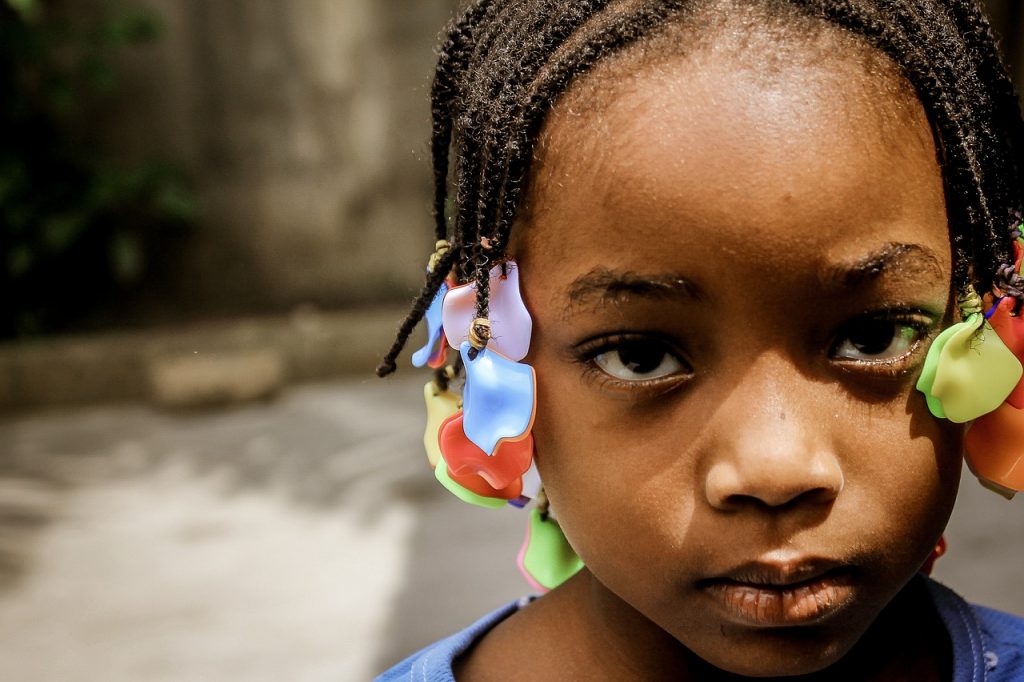One of Northumbria’s most senior safeguarding officers is urging victims who have been lockdown with their abusers to come forward as restrictions begin to ease in coming months.
Domestic abuse lead for Northumbria Police, Detective Superintendent Lisa Laverick, believes victims of abuse have felt unable to leave volatile relationships the past few months due to extended lockdown restrictions.
Now with the Government announcement that restrictions will be eased over coming weeks and months, Det Supt Laverick wants to encourage victims to come forward who may have been suffering in silence throughout lockdown with their abuser.
It comes as part of NO MORE week which a campaign led by UK Says No More to raise awareness of domestic abuse and sexual violence, inspiring individuals, organisations, and communities to make change.
She said: “We have still been absolutely committed to victims of domestic abuse throughout this pandemic however, we do know that some victims have felt that the lockdown restrictions have not only made it harder for them to leave an abusive relationship but it has also made it easier for abusers to control them.
“Whilst Covid, of course, does not cause domestic abuse – only abusers are responsible for their actions – the pandemic has affected access to support and impacted specialist organisations that are a vital lifeline to these victims.
“We need these victims to know that help and support is available and we want to encourage people to come forward and report domestic abuse.”
A Women’s Aid survey in June found that 78% of those living with an abuser said that lockdown restrictions had made it harder for them to leave their perpetrator. Nearly three quarters of domestic abuse support services surveyed by Women’s Aid expected to see an increase in demand in the next six months as lockdown restrictions are eased.
The NO MORE week will run from Sunday 7 to Saturday 13 March 2021, coinciding with International Women’s Day on 8 March.
Domestic abuse is any incident or pattern of incidents of controlling, coercive or threatening behaviour, violence or abuse between those aged 16 or over who have been intimate partners or family members, regardless of sexuality.
It can include the following types of abuse:
• Psychological
• Physical
• Sexual
• Financial
• Emotional
Domestic abuse can include harassment, stalking, female genital mutilation, forced marriage and honour based abuse.
Anyone who is suffering abuse is urged to contact police via the Northumbria Police website. All our pages have a ‘hide page’ function so can quickly and easily be hidden or should you not feel comfortable accessing through your own devices ask a friend or family to report.
You can also contact the National Domestic Violence Helpline:0808 2000 247 or search Victims First Northumbria online.








